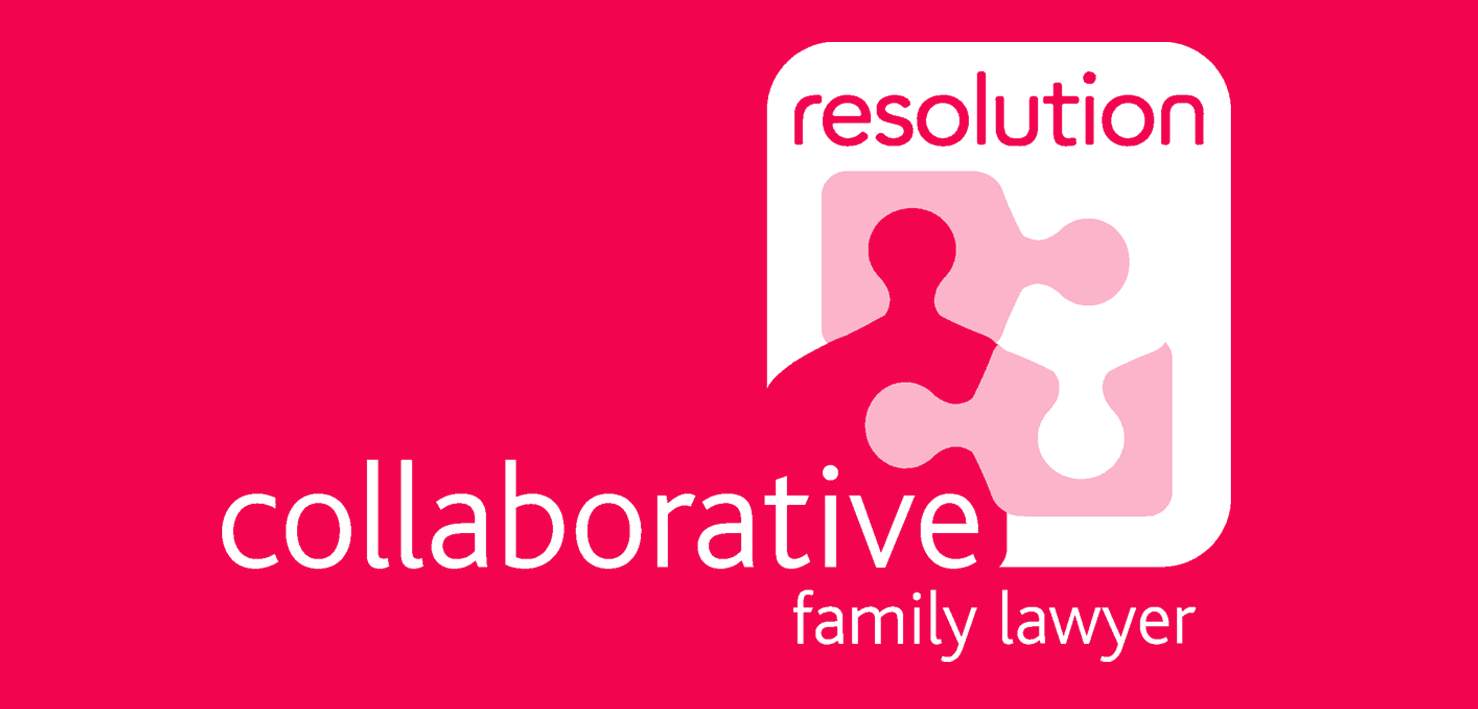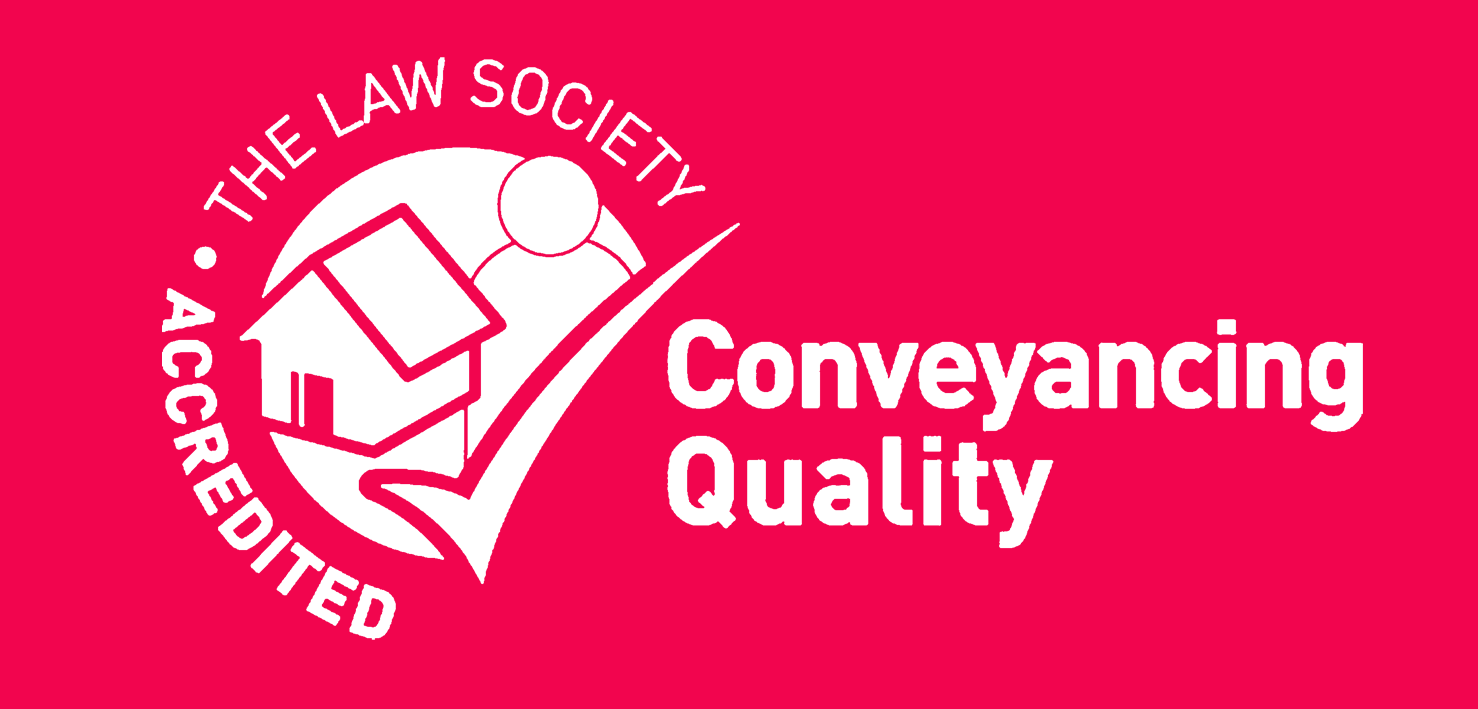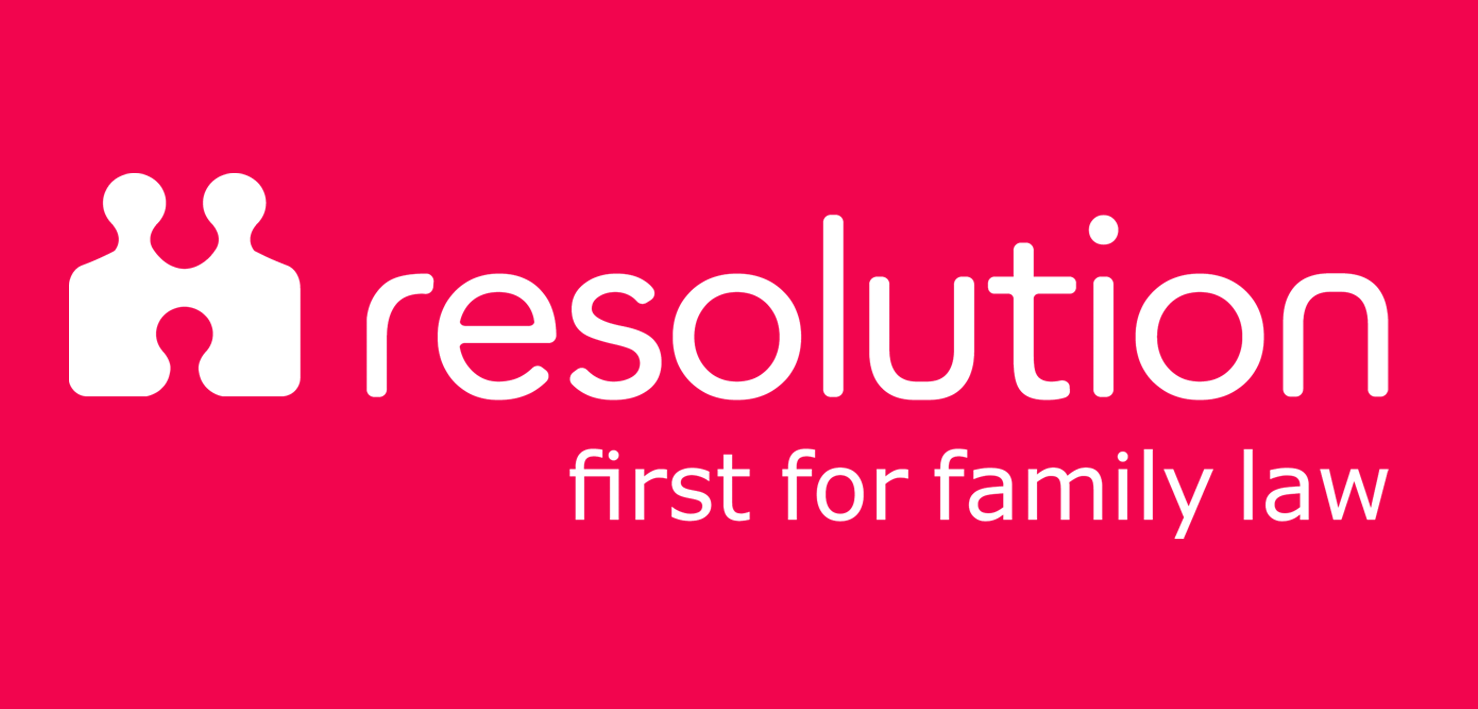At Awdry Law, our Family Law team are members of Resolution, meaning we are all committed to helping clients resolve matters away from the Court, where possible.
With this in mind, we welcome the new changes to the Family Procedure Rules that came into force on Monday 29th April 2024.
The rule change brings the requirement in every case to consider whether a client’s issues or disputes can be resolved away from the Court.
There is now a greater expectation and duty on Family lawyers, the Courts and separating couples to assess at each stage of separation whether other methods of Non Court Dispute Resolution (eg: mediation or collaborative law) would be suitable.
So, what are the alternative options?
1. Resolution Together
Awdry Law are one of a few law firms in Wiltshire who offer a one couple, one lawyer approach utilising the Resolution Together framework. This means that we can help both you and your partner reach a resolution together. Legal advice is provided jointly, instead of the traditional approach of having two separate lawyers.
The key difference with the process is that it can avoid unwanted conflict and allows you to focus on the best interests of the family, away from the court. This way of working is very personal and works around you both, rather than for yourself individually.
The foundations of your relationship can be maintained and this approach enables you to reach a binding agreement on amicable terms. Another benefit is that legal costs can be managed appropriately as these are shared between you both.
2. Round table meetings
At Awdry Law, our focus is to find solutions, not problems. This enables complex and difficult issues to be resolved effectively and discussions with your partner and their lawyer enables us to take a proactive approach.
A round table meeting provides an opportunity for both parties and their lawyers to work together and to see if an agreement can be reached; the benefit being that matters can be concluded, without the need for Court Proceedings and a high level of letters back and forth. Specific issues can be discussed, and this is an opportunity for you both to come to an agreement, with the benefit of legal support and advice during the meeting.
What about safeguarding?
Individual circumstances will always be taken into consideration as safeguarding is a priority for us. Our family law team have a duty of care for all of our clients and seek to ensure that the way we support them is appropriate and safe. If you feel it may not be appropriate for you to work together then that is completely ok; we can talk to you about other approaches that may work better for you and your circumstances.
3. Collaborative Law
This is whereby both parties and their lawyers work together as a team by way of meetings/communication with a clear focus on working together and consciously agreeing to work away from the Court process.
4. Mediation
Mediation is whereby you can try and resolve any differences between you and your ex-partner, with the help of a third person who won’t take sides. The third person is called a mediator and they facilitate discussion.
If you do end up having to go to Court, you may need to prove that you have been to a mediation information and assessment meeting (MIAM), which is a meeting to explain what mediation is and how it can help you. There are exceptions to this, such as if you are a victim of domestic abuse.
Under the latest changes, both parties at a MIAM (mediation information and assessment meeting) must be provided with information about the principles, process and different models of mediation and other methods of non-court dispute resolution.
Your lawyer will discuss with you what works best for you and your family and will support you in achieving the best outcome.
Thoughts from a Family Lawyer
Cindy Ervine, Head of Family Law at Wiltshire Solicitors, Awdry Law, welcomes the changes and said “The changes reflect the need for a move away from an adversarial approach and to support families as needed. NCDR reduces the pressure on the Family Courts and also seeks to minimise the impact on children within the family as to ongoing conflict with the emphasis on positive parenting. At Awdry Law, our focus is on helping and supporting clients to reach an agreement that works for their family. We make all attempts to resolve matters in a non-confrontational way, away from the Court. By focusing on solutions and taking a proactive approach, we seek to resolve matters effectively and meet the needs of our client.”
How can we help?
Our Family team are all specialists with extensive experience in advising clients on a wide range of matters. We are extremely passionate about the work that we do and committed to making sure you are listened to, put at ease and provided with all the information you need to help you make informed decisions.
We can provide you with advice related to divorce and separation, childcare matters, domestic abuse and injunctions, finance and pensions, pre-nuptial and post-nuptial agreements, cohabitation agreements and more. We always focus on trying to resolve matters in a non-confrontational way but if matters do proceed to Court, we are all experienced advocates and will support you through that process.
We listen, we advise, we care.





